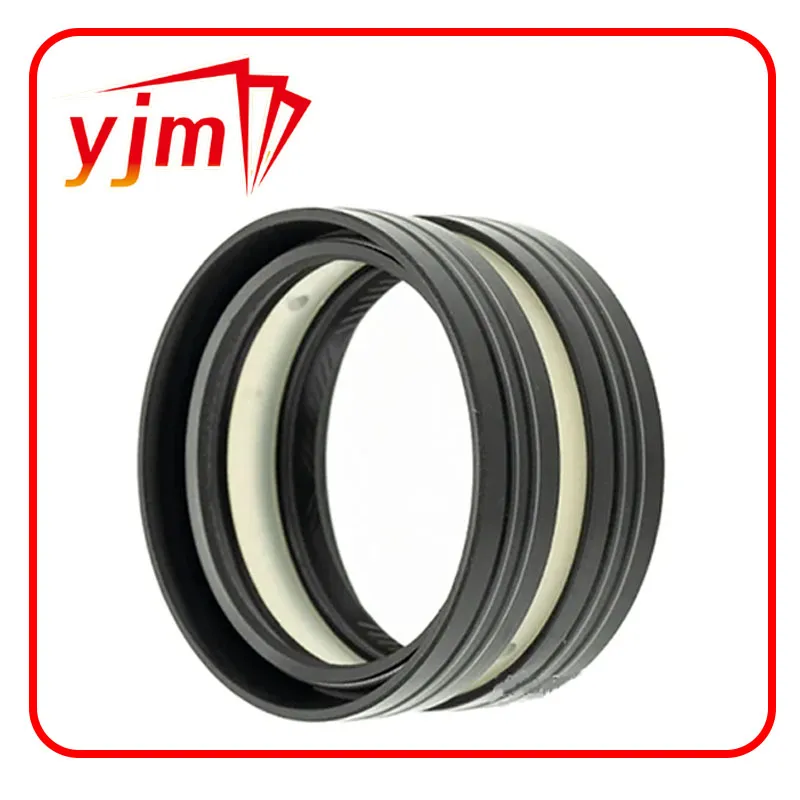Top Gasket Materials for Optimal Oil Pan Sealing Performance
The Best Gasket Material for Oil Pans A Comprehensive Guide
When it comes to maintaining the efficiency and longevity of an engine, selecting the right gasket material for the oil pan is crucial. The oil pan, which serves as a reservoir for engine oil, plays a vital role in protecting the engine's internal components from wear and tear. A poor-quality gasket can lead to leaks, oil contamination, and ultimately engine failure. This article will explore the various gasket materials available, their properties, advantages, and help you choose the best option for your oil pan.
Understanding Gasket Functionality
Gaskets create a seal between two surfaces to prevent leaks and maintain pressure. In the case of the oil pan, a good gasket material must withstand high temperatures, resist oil degradation, and accommodate the vibrations produced by the engine. As a result, the choice of gasket material is essential for ensuring a tight, leak-proof seal.
Common Gasket Materials
1. Rubber Gaskets Rubber gaskets are a popular choice due to their flexibility and compressibility. They can form an effective seal and are generally easy to install. However, rubber is susceptible to oil and heat degradation over time, which may result in leaks if not replaced regularly.
2. Cork Gaskets Cork gaskets are made from natural cork material and are often used in older engines. They provide a decent seal and have good thermal stability. However, cork can dry out and lose its sealing ability when exposed to heat and oil for extended periods.
3. Paper Gaskets Paper gaskets are inexpensive and commonly used in low-pressure applications. While they can provide adequate seals, they are not well-suited for oil pans due to their susceptibility to moisture and oil. Over time, paper gaskets can disintegrate, leading to leaks.
4. Silicone Gaskets Silicone gaskets have become increasingly popular due to their excellent resistance to heat and oil. Unlike rubber, silicone maintains its flexibility even in high temperatures, ensuring a tight seal over time. They are easy to apply and are often used in applications requiring a high level of resistance to various automotive fluids.
5. Composite Gaskets Composite gaskets are made from a blend of materials, including rubber, cork, and fiber. This combination lends the gaskets excellent sealing qualities as well as durability. They can withstand high temperatures and pressures, making them a reliable choice for oil pans.
best gasket material for oil pan

6. Metal Gaskets Often used in high-performance engines, metal gaskets (such as those made from aluminum or steel) offer excellent durability and resistance to high temperatures. While they provide a robust seal, they often require precise surface finishes and installation techniques.
Choosing the Best Gasket Material
When selecting the best gasket material for your oil pan, consider the following factors
- Temperature and Pressure Assess the operating temperature and pressure of your engine to determine which gasket material can handle these conditions effectively.
- Oil Compatibility Ensure that the chosen gasket material is resistant to the type of oil used in your engine, as some materials can degrade in the presence of certain oils.
- Installation Requirements Some gasket materials are easier to work with than others. Consider whether you prefer a pre-cut gasket or a liquid gasket maker that requires careful application.
- Cost Budget is often a concern; while rubber and paper gaskets are cheaper, investing in a higher-quality material like silicone or composite may save you money in the long run by reducing maintenance.
- Engine Specifications Factory specifications can provide insights into the recommended gasket material for your oil pan, especially for specific engine models.
Conclusion
Selecting the right gasket material for your oil pan can significantly influence the performance and longevity of your engine. While rubber, cork, and paper gaskets have traditionally been used, advanced materials like silicone and composite offer improved sealing capabilities and durability. Ultimately, weighing the factors of temperature, oil compatibility, ease of installation, cost, and engine specifications will guide you toward the ideal gasket material, ensuring a leak-free and high-functioning engine. Remember, regular maintenance and timely replacement of gaskets are crucial for optimal engine health, so don’t overlook this essential component of your vehicle’s performance.
-
Understanding Cassette Seals: The Advanced Solution for Sealing Performance
News Jun.17,2025
-
The Vital Role of Front and Rear Crankshaft Seals in Engine Health
News Jun.17,2025
-
The Ultimate Guide to Heavy Duty Seals: Durability for Every Application
News Jun.17,2025
-
Mastering Engine Protection: Understanding the Role of the Crankshaft Oil Seal
News Jun.17,2025
-
Engine Leak Prevention: The Importance of the Crankshaft Front Oil Seal and Gasket Components
News Jun.17,2025
-
Choosing the Right Oil Seal: Comparing TTO Seals, CFW Oil Seal, Stefa Seals, and More
News Jun.17,2025
-
Understanding the Importance of the Crankshaft Oil Seal in Engine Performance
News Jun.16,2025
Products categories















